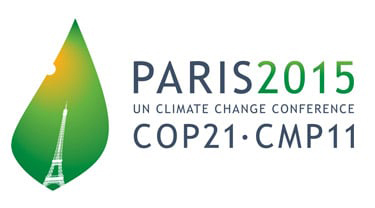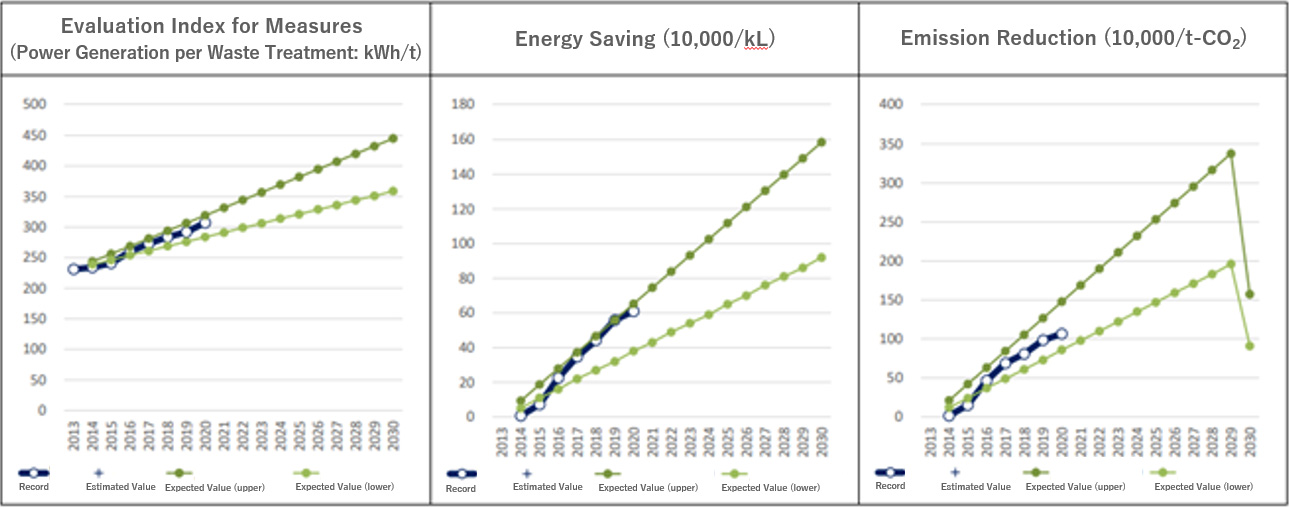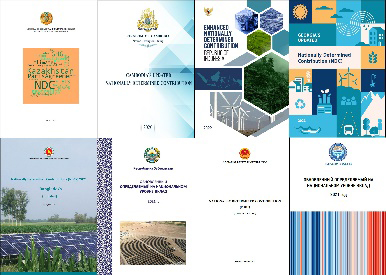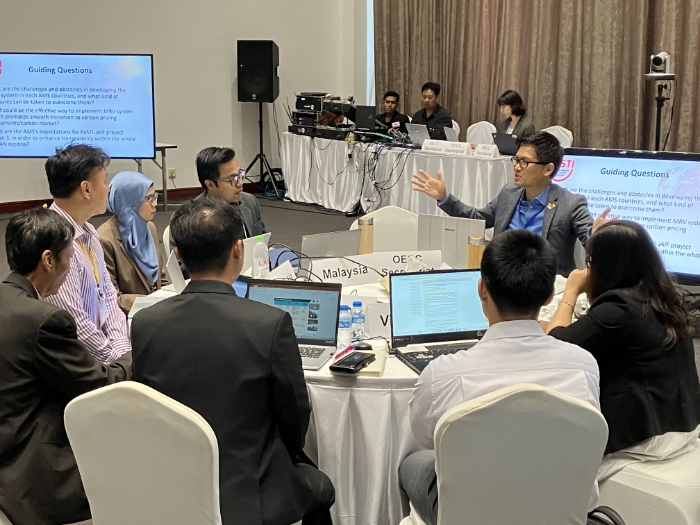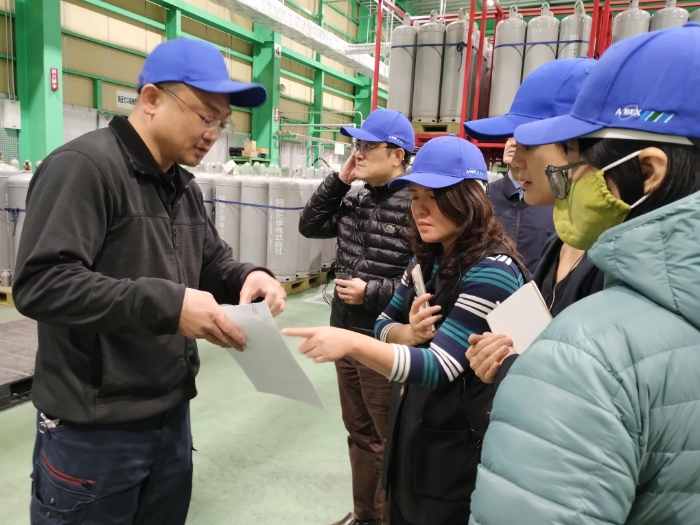Each country’s NDC includes GHG emission reduction measures in various fields such as energy, transportation, industry, waste, agriculture, forestry and fisheries. It is important to properly implement these measures and evaluate their progress through domestic administrative organizations, but for many developing countries, this is an area in which they may have little or no experience. Consequently, there is an urgent need to build institutions, systems and capacity. Japan has long had a system for tracking the implementation progress of the Kyoto Protocol Target Achievement Plan, and now a mechanism for tracking the progress of the Plan for Global Warming Countermeasures. Drawing on these experiences, the OECC is helping developing countries build systems for managing the implementation progress of their mitigation plans.
Evaluation method for measuring progress in the waste sector in the FY2021 Progress of the Global Warming Prevention Plan (Global Warming Prevention Headquarters, the Cabinet of Japan).


